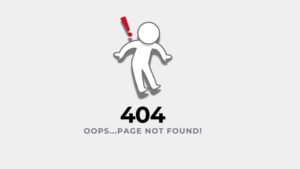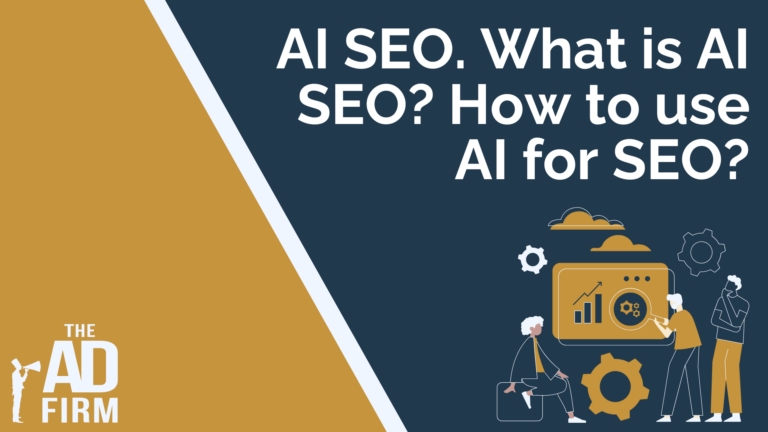Our curiosity is endless. People search the Internet for information daily. For years now, Google has been using algorithms to help avoid keyword-stuffed webpages to improve their users’ search experience. In 2020, search is getting even more sophisticated with Google’s latest algorithm, named BERT.
At its core, search and SEO (Search Engine Optimization) is about understanding language. Google’s BERT (Bidirectional Encoder Representations from Transformers) is a breakthrough in machine learned natural language processing. BERT understands context — a words’ relation to another in a sentence — rather than the previous one-by-one recognition.
For example, more conversational searches often have “for” and “to.” Let’s say someone searches, “can you get medicine for someone pharmacy.” With the BERT model, “for someone” now has meaning. Previously, the meaning was missed with general results about filling prescriptions. BERT can grasp the context.
Content Is King
It’s Google’s job to surface helpful information from the web. As far as we know, Google uses three tools to do this. First is Neural Matching, which figures out the meaning of the search query. Second is RankBrain, which adjusts the SERPs (Search Engine Results Pages) based on the collected data about users’ behavior. The third, BERT, analyzes the context in which keywords are used.
BERT improves the search experience by requiring you to write good content. The goal here is not merely to rank for whatever keyword. Now, matching a user’s search intent is paramount for creating successful content. Three major types of search intent are informational, investigational, and transactional. Content needs to solve the searcher’s query, not with simple keyword matching but intent matching.
The Machines Are Here To Stay
SEO experts are paid for their ability to manage the growing sophistication of search marketing. In particular, one noticeable trend for any marketer working today is that organic social is pretty much dead. Ranking without a focus on user intent will cut you off from a vast number of SERPs, and consumers. In short, an SEO expert continues to be an asset.









